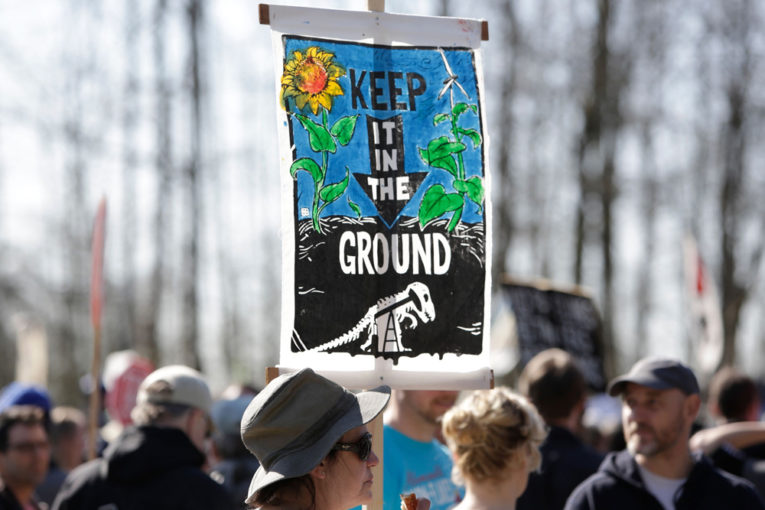
CALGARY — The federal government’s open-ended timeline for additional consultations on the Trans Mountain pipeline expansion is intended to ensure “good-faith” dialogue with Indigenous groups, but the energy industry is frustrated there is no end in sight to the oilpatch’s crippling pipeline capacity issues.
Natural Resources Minister Amarjeet Sohi announced Wednesday that Ottawa would not appeal a Federal Court of Appeal decision from August that quashed approvals for the Trans Mountain expansion project, which the federal government bought from Houston-based Kinder Morgan Inc. for $4.5 billion earlier this year.
“Appealing a decision is not an efficient way to deal with this issue,” Sohi said, adding that instead the federal government would take the advice of the Appeals Court and immediately launch a new round of consultations with 117 affected Indigenous groups along the pipeline route to address the ruling’s key recommendation.
Sohi declined to provide a timeline for the consultations as it would pre-suppose the outcome of the consultations, which will now be led by former Supreme Court justice Frank Iacobucci.
“We will not put a stop clock on consultations,” Sohi said.
The lack of a hard deadline comes as Canadian oil is selling at a massive discount to U.S. barrels. Data from Bloomberg shows that Western Canada Select was trading near a record US$41.40 per barrel lower than U.S. oil benchmark price of US$76 per barrel on Wednesday.
“This is not going to be a short process,” Canadian Energy Pipeline Association president and CEO Chris Bloomer said of the additional consultation at a time when there is a lack of pipeline export capacity.
Still, Bloomer said, he understands why Ottawa needs to keep the timeline open ended. “I don’t think the government wants to put constraints on the consultations that they can be criticized for later,” he said.
“It couldn’t be more frustrating,” Auspice Capital founder and chief investment officer Tim Pickering said, adding he’s angry that while the discount for Canadian crude has crossed US$40 per barrel, progress seems slow on adding a pipeline to the West Coast to fix the problem.
“I can’t think of any other situation in life or in business where you put no timeline in place and it turns out well,” Pickering said.
Gary Leach, president of Explorers and Producers Association of Canada echoed the sentiment that the discounts were “not a happy place to be.”
“We’ve arrived at this destination where we are providing our good friends in the United States an enormous subsidy,” Leach said, but acknowledged why the federal government has resisted attaching timelines to the process.
“I can see the federal government conducting themselves in a way that avoids putting a legal target on the process,” Leach said, adding that it could create the impression the process was done in bad faith and form the basis of yet another legal appeal.
In previous project reviews, there has been a defined timeline on consultations as mandated by the National Energy Board Act, said Dwight Newman, Canada research chair in Indigenous rights in constitutional and international law at the University of Saskatchewan.
“The normal thing is that (consultation) occurs in a few months and that’s what people are expecting,” Newman said.
In the past, the so-called “Phase III” consultation period has come after the NEB reaches a decision and before Ottawa approves a project. In that case, the consultation period for the renewed Trans Mountain expansion regulatory process would carry on after the NEB review into the project’s impact marine wildlife wraps up in February.
Newman said it is possible that consultation between Ottawa and affected First Nations could run simultaneously with the new NEB review but “others might have a different view on that.”
Indigenous communities in British Columbia that oppose the pipeline welcomed Wednesday’s announcement that Ottawa would not file an appeal to the Supreme Court and not attach deadlines to the consultation process.
“We would have concerns about any process which had artificial timelines or restrictions on our rights. We have a sacred duty to protect our traditional territory for future generations,” Squamish Nation councillor Khelsliem said in a release.
• Email:
You can read more of the news on source
